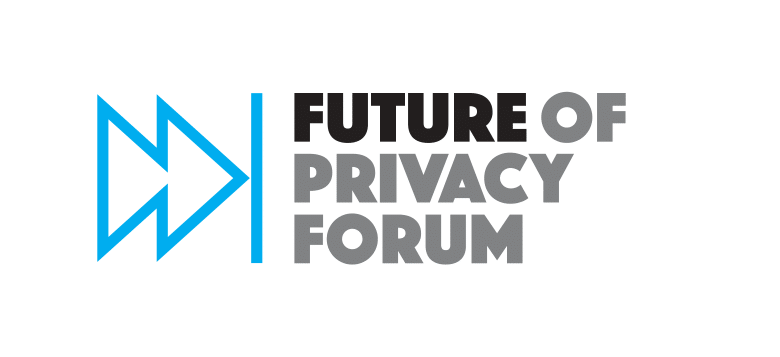Overview
The use of augmented reality, virtual reality, and emerging immersive technology are growing rapidly in an increasing number of areas outside of the gaming industry. This technology has opened new approaches to training, journalism, tourism, and healthcare including mental health reaping tremendous benefits. Along with these benefits, though, comes the realization that much can be learned about individuals as well as their surroundings when using immersive technology.
The purpose of this webinar is to showcase three academic scholars investigating different uses and privacy concerns related to immersive technology.
Presenters include:
- Philip Lindner, PhD, Karolinska Institutet, Stockholm University – Better, virtually: the past, present, and future of virtual reality cognitive behavior therapy
- Lauren Buck, PhD, Trinity College, Dublin Ireland – Privacy and personal space: addressing interactions and interaction data as a privacy concern
- Powen Yao: PhD student, University of Southern California – Virtual equipment system: Face mask and voodoo doll for user privacy and self-expression options in virtual reality
This webinar is part of our Applied Privacy Research Coordination Network. This project was funded by the National Science Foundation to facilitate dialogue between the academic community and industry on topics related to data protection and privacy.


